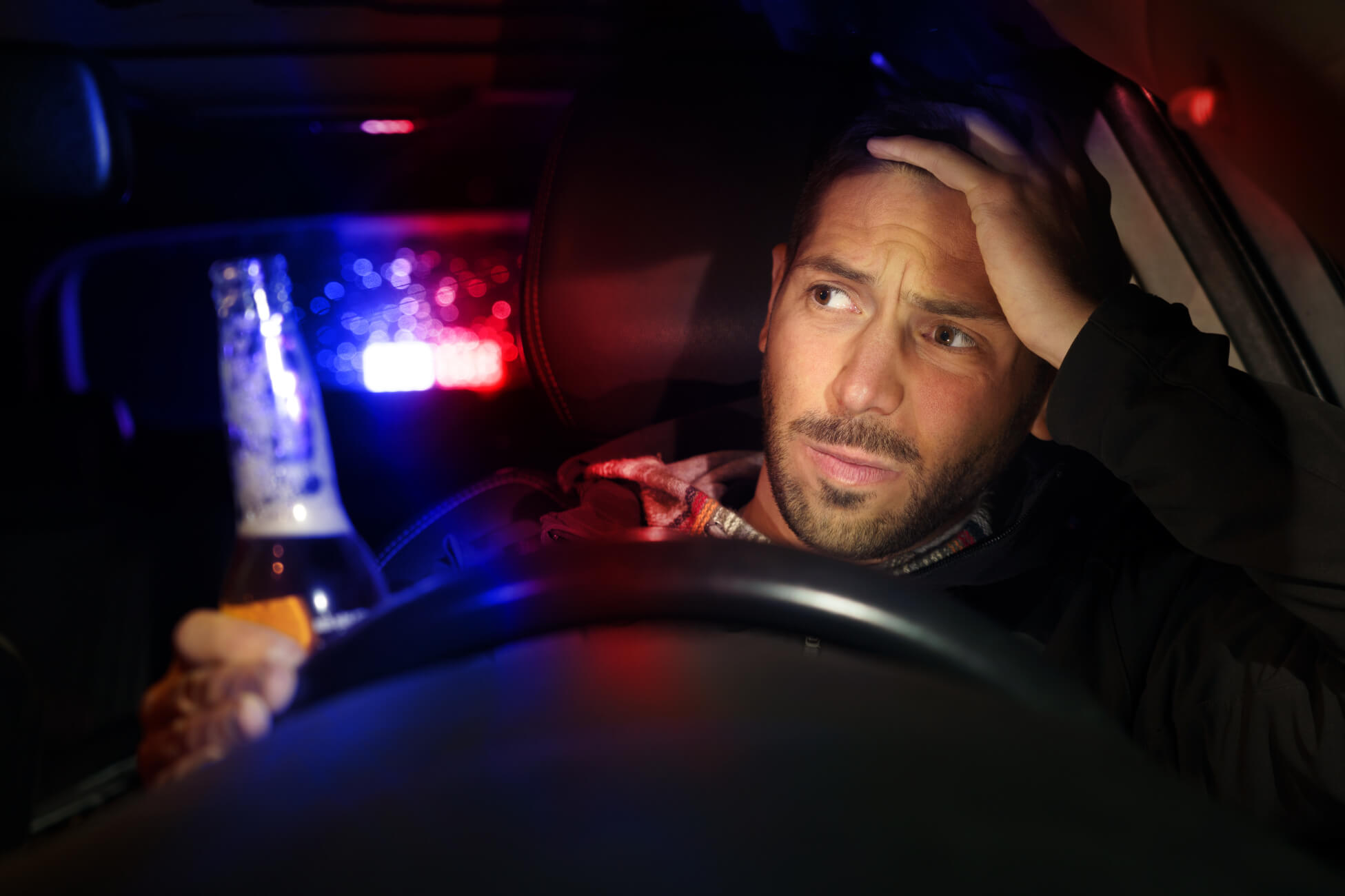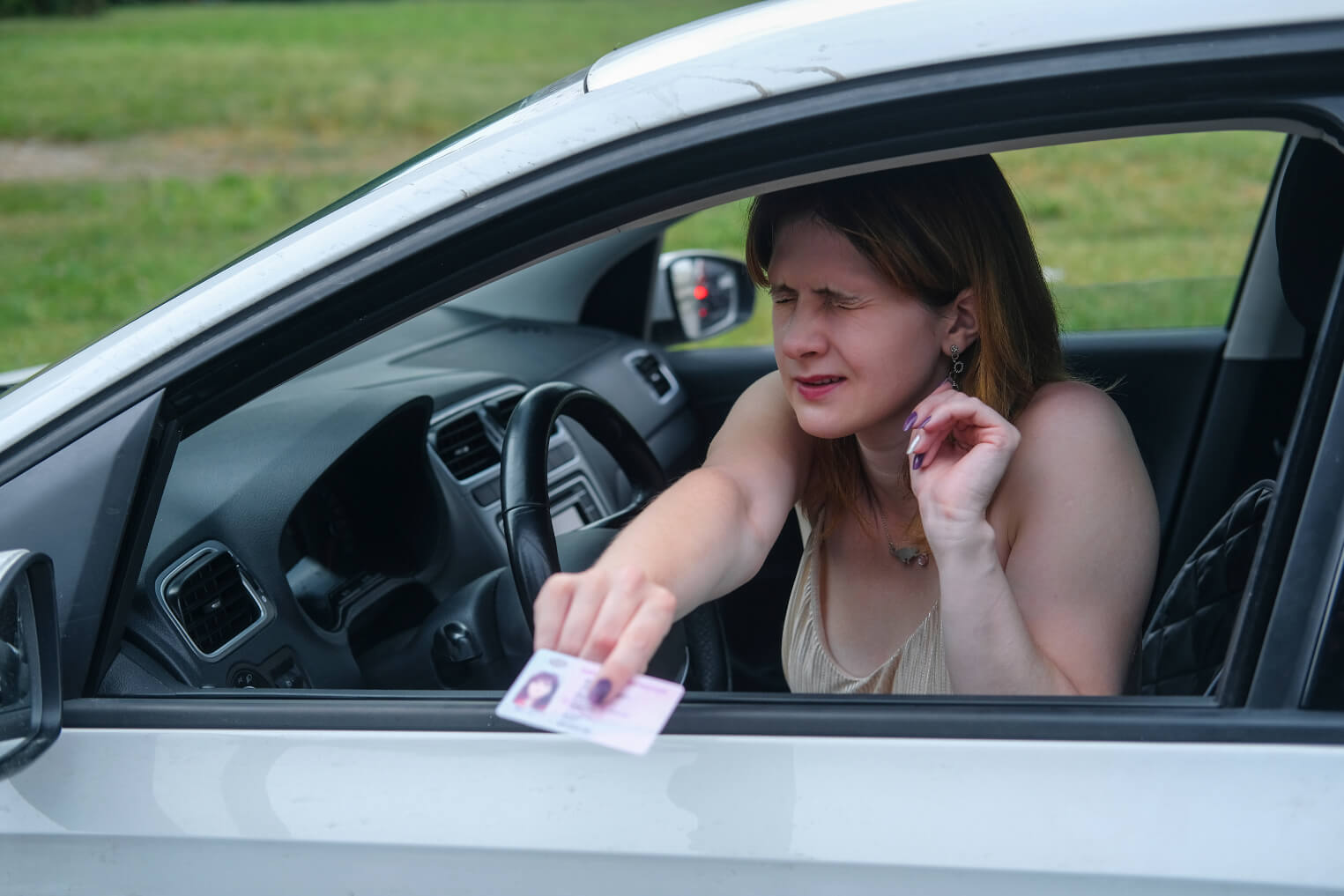Having a DUI arrest can be a terrifying experience, especially when your driver’s license hangs in the balance of judgment. Understanding the chances of winning a DMV hearing becomes crucial to anyone facing this challenging legal situation. For most people, navigating the administrative process is simply daunting, as they are unaware of those critical steps affecting their driving privileges.
What is a DMV DUI Hearing?

DMV DUI Hearing is held by the Department of Motor Vehicles (DMV) as part of the discovery process. It is important to know that a DMV hearing is not the same as a criminal court case. Unlike a criminal case[1], wherein fines, probation, and incarceration could be at risk, what matters here is whether you will retain your driver’s license or get one.
During a DMV DUI hearing, an administrator, not a judge, is in charge of the case. This hearing is less formal than a court trial, but it is still essential to be prepared, as the evidence presented will directly affect your driving privileges.
What Leads Up to a DMV Hearing?
After a DUI arrest, several important steps lead up to a DMV hearing. Below, we will explain them in detail:
- License Confiscation and Issuance of a Temporary License: After your arrest, the officer will seize your driving license and give you a provisional license[2]. This only lasts for 30 days, after which it becomes effective. You can continue operating a car but would need to determine the following course of action. Basically, the license will have a suspension notice, which informs you that your right to drive might be suspended[3]unless you take any further action.
- Notice of Suspension: The notice of suspension[4]is a formal warning that your privilege of usage on the highways is being jeopardized. This would technically activate the administrative hearing process with the DMV, but it has nothing to do with any criminal court action you might receive. The notice will inform you that you have the right to request a hearing to contest the suspension, but it’s a call you must make to either pursue it or not.
- 10-Day Deadline to File for a Hearing: You will only have 10 days from the date of your arrest to file for a DMV hearing. If you fail to apply for a DMV hearing within this period, your license will automatically be suspended. In that case, acting without undue delay becomes an important matter if you don’t want the suspension of your driving privileges to occur.
- DMV Hearing Scheduling: To appeal for a hearing, you are required to call the Department of Motor Vehicles DMV. You can do this by calling them or posting a letter by mail. You should also attach your name, driving license number, and every other necessary information. Following receiving and processing such a request, the DMV will devise a date for holding your hearing. A notice of this da9te shall be issued, and you shall have prior preparation for this.
- Preparing for the Hearing: After you have confirmed the hearing date, preparing for that date is required. At this stage, you will collect evidence, identify possible witnesses[5], and remind yourself what occurred during your arrest. Otherwise, you could opt to hire an attorney who can take you through the administration and present your case.
Immediate License Reinstatement After Suspension
For first-time offenders, it is possible to reinstate your driver’s license on the same day it is suspended. This can be achieved by:
- Completing the AB541 Program: Enroll in and provide proof of enrollment in the DUI First Offender Program[6].
- Filing SR-22 Insurance: This serves as proof of financial responsibility.
- Installing an Ignition Interlock Device (IID): Once the Ignition Interlock Device (IID)[7] is installed, you can bypass the mandatory suspension period and regain full driving privileges.
This reinstatement pathway allows individuals to resume driving without interruption on the very day of the suspension.
California DMV Hearing Request: How To Schedule One?
If arrested for DUI in California, you only have 10 days after the date of arrest to request a DMV hearing. Failure to do so within the given timeframe would lead to the automatic suspension of your license.
Failing to request a California DMV hearing means you have lost the chance to contest your license suspension and must accept the DMV’s decision. Therefore, timing is important.
To set up a DMV DUI hearing, you can contact the DMV Driver Safety Office. The state requires some information you provide to start your request, such as your name, driver’s license number, and other relevant information.
Once scheduled, you will hear a date for when and where the hearing is scheduled. In such a case, your DUI case will be reviewed there.
Your Rights At A DMV Hearing For DUI
Even though a DMV DUI hearing is less formal than a criminal trial, your rights may make all the difference in how things end for you. At a minimum, you are entitled to:
- Be represented by an attorney
- Review all the evidence against you before the hearing
- Have a chance to question witnesses-(including the arresting officer)
- Testify on your own behalf
- Present evidence, which would include testimonial evidence as well as opinion testimony by experts
Factors That Affect Your Chances of Winning DMV Hearing
Your chances of winning the hearing at the DMV over a DUI will depend on many factors, and every single one will be addressed during your hearing. Here are some points that could go in your favor:
- You Were Not Driving: You can always claim, for example, that you were not driving.
This would mean no burden of proof would put you behind the steering wheel, working to your advantage.
- Lack of Probable Cause for the Traffic Stop: The DMV hearing officer must have legal grounds to stop a vehicle. In such cases, if the police officer did not have probable cause—such as observing a traffic violation or reckless driving[8]—then the validity of the stop can be contested.
- No Refusal Notification for a Chemical BAC Test: You should be advised of what will happen if you refuse to submit to a chemical BAC test[9]. If the officer does not explain this, it can be a significant point in your favor.
- Your BAC Was Legal: If your BAC (Blood Alcohol Content) was below the legal limit of 0.08% when taken, that fact could be used to prevent the suspension of your license.
- You Did Not Refuse a Chemical BAC Test: If you agreed to let them do a BAC test when they made the demand, you could argue that you cooperate with law enforcement, which might help mitigate the case against you.
Each of these factors may be important in determining the DMV hearing, and it is often advantageous to have some form of legal representation to help present your case effectively.
What Happens if I Lose the DMV DUI Hearing?
If you lose your DMV DUI hearing, your driver’s license will likely be suspended. The length of the suspension depends on whether this is your first offense or a repeat offense. Typically, first-time offenders face[10] a suspension that lasts about four months. During this time, you may be eligible for a limited license, which allows you to drive to and from work, school, and other necessary activities while you attend a DUI class.
What Happens If I Win My DMV Hearing For DUI?
If you win, your license will not be suspended and you can continue driving as usual. Remember, winning a DMV hearing does not equate to a win on the DUI charge. Nevertheless, you still must process through criminal court and face other penalties that will be imposed separately.
Role of Legal Representation in DMV Hearings
DUI hearings at the DMV can be complicated, so choosing an experienced lawyer would be beneficial. A DUI attorney can help organize the evidence and encourage witnesses to share their observations, particularly those familiar with your situation. They understand the complexities of DUI law and can develop strong arguments to support your case. This expertise can significantly influence your hearing outcome and help protect your rights throughout the process.
DMV DUI hearings can be difficult to win, but as long as you are prepared, informed, and supported, they are possible. A little knowledge of the procedure, a general awareness of rights, and some steps taken in advance to defend yourself can be all you need to escape unwanted criminal convictions.
Navigating the complexities of a DMV hearing is not easy, but an experienced DUI attorney can make all the difference in obtaining a good outcome. Remember, this is your one shot to be able to drive and live as you choose. Act, move, and attempt to put yourself in the best position to succeed. Get in touch with us now for a consultation and take the next step to secure your right to drive.
Resources
- Manshoory Law Group, APC. (2022, January 19). Steps in a criminal case | How criminal cases work | Manshoory Law. https://manshoorylaw.com/stages-criminal-case-process/
- Section 12506 – Temporary driver’s license, Cal. Veh. Code § 12506 | Casetext Search + Citator. (n.d.). https://casetext.com/statute/california-codes/california-vehicle-code/division-6-drivers-licenses/chapter-1-issuance-of-licenses-expiration-and-renewal/article-1-persons-required-to-be-licensed-exemptions-and-age-limits/section-12506-temporary-drivers-license
- Manshoory Law Group, APC. (2024, March 26). California Penal Code 23: License suspensions explained. https://manshoorylaw.com/california-penal-code/penal-code-23/
-
Dwc. (n.d.). California Code of Regulations, Title 8, Section 9788.1. Notice of Provider Suspension. https://www.dir.ca.gov/t8/9788_1.html
-
Manshoory, S. (2023, September 20). What are the Rules Regarding Witness Selection in a California Criminal Case? Manshoory Law Group, APC. https://manshoorylaw.com/blog/what-are-the-rules-regarding-witness-selection-in-a-california-criminal-case/
-
Manshoory, S. (2020, December 2). What are the Rules Regarding Witness Selection in a California Criminal Case? Manshoory Law Group, APC. https://manshoorylaw.com/blog/what-are-the-rules-regarding-witness-selection-in-a-california-criminal-case/
-
Manshoory Law Group, APC. (2023, December 7). Ignition Interlock Device (IID) in Los Angeles, CA – Manshoory Law Group. https://manshoorylaw.com/dui-attorney/ignition-interlock-device-iid/
-
Parker, D. (2024, February 27). What is Reckless Driving in California: Penalties and Laws. Manshoory Law Group, APC. https://manshoorylaw.com/blog/reckless-driving-california/
-
Manshoory Law Group, APC. (2022, March 9). Legal Alcohol Limit | What are the BAC Levels in California | Manshoory Law. https://manshoorylaw.com/am-i-over-the-drinking-limit/
-
Parker, D. (2023, October 18). What are the penalties for a first offense DUI in California? Manshoory Law Group, APC. https://manshoorylaw.com/blog/first-offense-dui/


